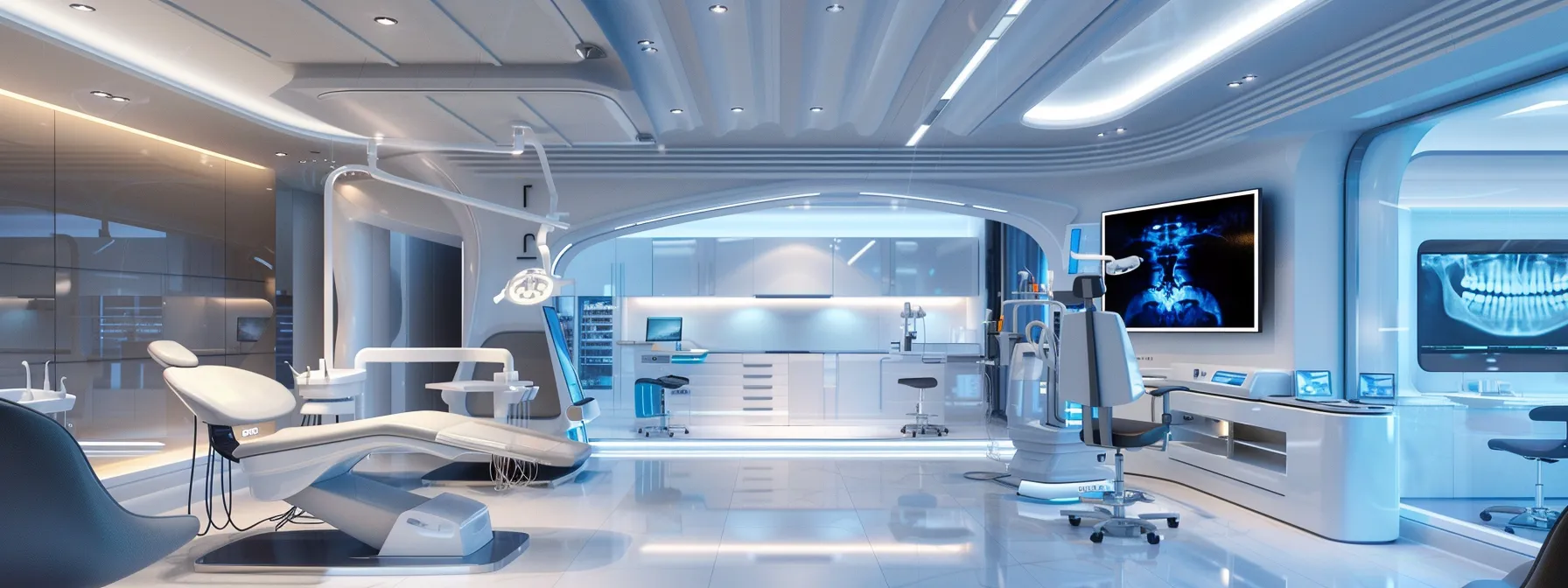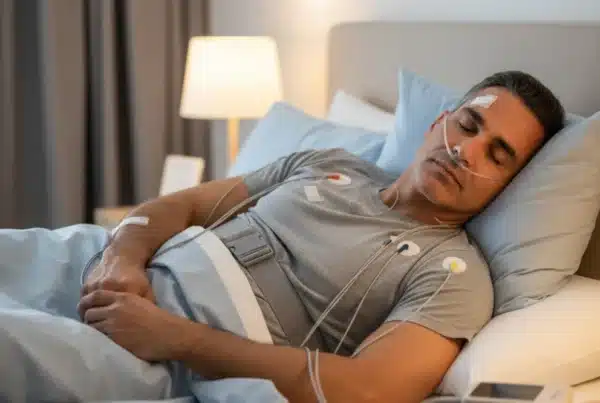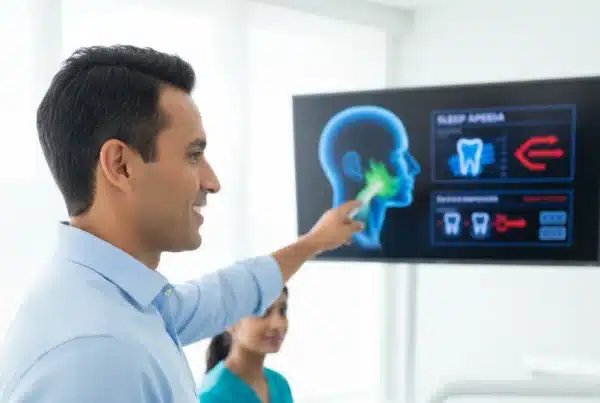Sleep apnea affects millions, but surgical solutions offer hope for those struggling with this condition. This article explores various surgical procedures for treating sleep apnea, their effectiveness, and factors to consider when making treatment decisions.
We’ll also discuss emerging technologies and compare surgical options with alternative treatments. By the end, you’ll have a clear understanding of surgical approaches to sleep apnea, helping you make informed decisions about your health and potentially improving your quality of life.
Key Takeaways
- Dr. Azuma’s practice offers comprehensive surgical and non-surgical options for sleep apnea treatment
- Patient eligibility for surgical interventions is assessed based on severity, health, and previous treatment outcomes
- Advanced technologies like minimally invasive techniques and robotic-assisted procedures are used for sleep apnea surgery
- Post-surgical care includes detailed aftercare instructions, follow-up appointments, and long-term management strategies
- The practice compares surgical approaches with alternatives like CPAP, oral appliances, and lifestyle changes for personalized treatment
Evaluate the Effectiveness of Surgical Solutions for Sleep Apnea
Surgical solutions for sleep apnea offer various options for patients seeking effective treatment. This section examines different surgical approaches, patient eligibility, and potential outcomes. It compares surgical methods with non-surgical alternatives, such as cpap alternative honolulu hi, exploring benefits, risks, and long-term results.
Patient stories and expert insights from Dr. Eugene Azuma in our dental office provide valuable perspectives on how these procedures can improve overall health, including bone health and weight management. Schedule a request appointment to learn more about personalized sleep apnea care.
Term:
Understand the Types of Surgical Options Available for Treatment
Surgical options for sleep apnea treatment address the root causes of airway obstruction. These procedures aim to prevent choking episodes and improve breathing during sleep. At our Honolulu dental office, patients can learn about various surgical approaches, including the Inspire therapy and procedures that modify the throat structure.
While some individuals may prefer non-surgical alternatives like CPAP masks or cpap alternative honolulu hi, surgery can offer a long-term solution for those who struggle with conventional treatments. Additionally, we offer snoring treatment to help manage related symptoms. To discuss your options with Dr. Eugene Azuma, you can request appointment at our office.
Assess Patient Eligibility for Surgical Interventions
Dr. Azuma’s dental center assesses patient eligibility for sleep apnea surgical interventions on a case-by-case basis. Factors considered include the severity of sleep apnea, overall health, and previous treatment outcomes. For children, specialized kids sleep apnea treatment or pediatric sleep apnea honolulu options are available.
The center offers flexible payment plans and Monday appointments to accommodate busy schedules, and patients can request appointment online. Patients who struggle with traditional treatments like CPAP may be candidates for surgical solutions or a sleep apnea oral appliance. Additionally, snoring treatment is available. A comprehensive evaluation helps determine the most suitable approach for each individual:
Term:
Review Benefits and Risks Associated With Surgery
Surgical solutions for sleep apnea offer benefits like improved oxygen flow and reduced tongue obstruction, but they also carry risks. Dr. Azuma’s practice ensures patients understand both aspects before deciding on treatment.
While surgery can provide long-term relief from sleep apnea symptoms, patients may experience temporary pain or discomfort during recovery. The dental team, skilled in endodontics and other specialized procedures, works to make the process as accessible and comfortable as possible for each individual.
Compare Surgical Approaches With Non-Surgical Methods
Dr. Azuma’s practice offers both surgical and non-surgical options for sleep apnea treatment. Surgical approaches like nightlase laser treatment may provide long-term solutions, while non-surgical methods such as sleep apnea mouth guards offer less invasive alternatives.
The choice between these options depends on factors like the severity of the condition, patient preferences, and overall health. A physician at the practice can guide patients through the decision-making process, considering the benefits of each approach. For those concerned about discomfort, sedation options are available to ensure a comfortable experience during surgical procedures. Both surgical and non-surgical treatments aim to reduce snoring and improve sleep quality:
Discover Long-Term Outcomes of Sleep Apnea Surgery
Long-term outcomes of sleep apnea surgery can vary depending on the specific procedure and individual patient factors. Dr. Azuma’s practice offers comprehensive follow-up care to monitor progress and address any concerns.
Patients who undergo surgical interventions often experience significant improvements in sleep quality, reduced nasal congestion, and relief from restless legs syndrome. While some may still benefit from complementary treatments like clear aligners or mouth devices, many find lasting relief from their sleep apnea symptoms. The dental team works closely with delta dental and other insurance providers to ensure patients receive optimal care and support throughout their treatment journey:
- Improved sleep quality and daytime alertness
- Reduced risk of associated health complications
- Decreased snoring and better sleep for bed partners
- Potential elimination of CPAP dependence
- Enhanced overall quality of life
Analyze Patient Success Stories and Testimonials
Dr. Azuma’s practice regularly collects patient testimonials to assess the effectiveness of surgical sleep apnea treatments. These success stories often highlight improvements in breathing, reduced hypertension, and enhanced brain function post-surgery.
Patients frequently report positive experiences with the practice’s advanced technology and smooth insurance processes. Many testimonials emphasize the life-changing impact of surgical interventions, noting significant improvements in sleep quality and overall well-being.
Investigate Common Surgical Procedures for Treating Sleep Apnea
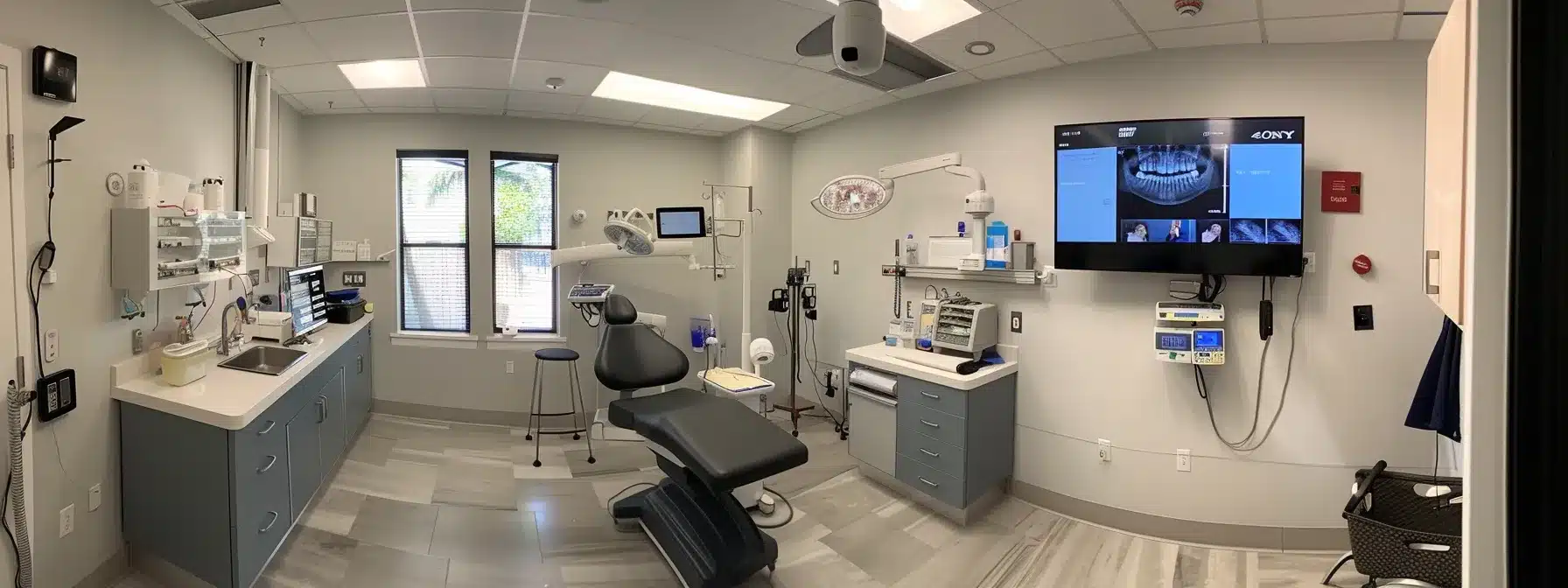
Surgical procedures offer effective solutions for sleep apnea. This section explores common surgeries, including UPPP, genioglossus advancement, and maxillomandibular advancement. It also covers Inspire therapy and bariatric surgery for severe cases.
The recovery process after sleep apnea surgery is discussed, providing insights into post-operative care. These treatments aim to improve sleep quality and overall health, often complementing other dental services like prosthodontics and teeth cleaning.
Learn About Uvulopalatopharyngoplasty (UPPP) Surgery
Uvulopalatopharyngoplasty (UPPP) is a surgical procedure that removes excess tissue in the throat to improve airflow and reduce snoring. This treatment option can help patients with obstructive sleep apnea by widening the airway, potentially lowering blood pressure and enhancing overall health. Though we don’t offer UPPP as part of its comprehensive sleep apnea treatment approach, offer other alternatives to ensure optimal results.
Examine Genioglossus Advancement as a Treatment Option
Genioglossus advancement is a surgical procedure that addresses sleep apnea by moving the tongue forward to prevent airway obstruction. This technique can be particularly effective for patients with malocclusion or those who have not found success with non-surgical options like mouthguards.
Dr. Azuma offers this treatment alongside other options such as laser therapy, ensuring a comprehensive approach to sleep apnea care. Patients interested in exploring genioglossus advancement can request an appointment to discuss their eligibility and potential outcomes.
Understand the Role of Maxillomandibular Advancement
Maxillomandibular advancement surgery offers a comprehensive solution for patients with severe sleep apnea. This procedure involves moving both the upper and lower jaws forward, creating more space for the tongue and soft palate.
Dr. Azuma’s dental practice provides thorough assessments to determine if this surgery suits a patient’s smile and overall health needs. The treatment can significantly reduce somnolence and improve primary care outcomes, making it a valuable option for those who haven’t found relief through other methods.
Explore Inspire Therapy for Obstructive Sleep Apnea
Inspire therapy offers a unique approach to treating obstructive sleep apnea. This innovative procedure involves implanting a small device that stimulates the hypoglossal nerve, controlling tongue movement during sleep to prevent airway obstruction.
Unlike traditional surgeries that remove tissue, Inspire therapy preserves the natural anatomy while effectively managing the disease. Patients visiting the clinic can ask questions about this option with the team to determine if it suits their specific sleep apnea condition.
Get Insights on Bariatric Surgery for Severe Cases
For patients with severe sleep apnea and obesity, bariatric surgery can offer a dual benefit. This weight loss procedure not only helps manage obesity but also significantly improves sleep apnea symptoms.
The dental hygienists at the clinic can answer some before and after surgery questions to maintain oral health, which is crucial for those with conditions like heart failure or insomnia often associated with severe sleep apnea.
Understand the Recovery Process After Surgery
Recovery after sleep apnea surgery varies depending on the procedure, but generally involves a period of rest and modified behavior. Patients may need to adjust their diet, avoid smoking, and use a mandibular advancement splint to support the palate during healing. A doctor should provide a detailed recovery schedule, guiding patients through each stage of post-operative care. Their team should emphasize the importance of follow-up appointments to monitor progress and ensure optimal outcomes:
Identify Factors Influencing Surgical Treatment Decisions
Choosing surgical treatment for sleep apnea involves considering various factors. Research shows that severity, comorbid conditions, and patient preferences play crucial roles. Medical professionals assess these aspects, along with lifestyle choices and financial considerations, to determine the best approach. For pediatric sleep issues or conditions like parasomnia, specialized evaluations are necessary. Blood tests and headache patterns may also influence treatment decisions.
Assess the Severity of Sleep Apnea in Patients
Assessing sleep apnea severity involves a comprehensive evaluation of the patient’s jaw structure and overall health. The dental team uses advanced therapy techniques to determine if weight loss or jaw adjustments might alleviate symptoms before considering surgical options. For patients with severe cases, particularly those affecting the root of the tongue, more invasive treatments may be necessary to ensure effective long-term relief.
Discuss the Impact of Comorbid Health Conditions
Comorbid health conditions significantly influence surgical treatment decisions for sleep apnea. Patients with gum issues or a history of sleepwalking may require special considerations before undergoing surgery.
The team carefully evaluates sleep apnea symptoms and their relation to other health concerns, such as high blood pressure, to determine the most appropriate treatment approach. By addressing these interconnected health issues, the practice aims to provide comprehensive care that alleviates sleep apnea while managing related conditions.
Explore Patient Preferences for Treatment Options
Patient preferences play a crucial role in determining the most suitable sleep apnea treatment at Dr. Azuma’s dental practice in Honolulu, HI. Some patients may prefer non-surgical options that allow them to continue enjoying alcohol in moderation, while others might opt for surgical interventions to address muscle-related issues affecting their sleep quality.
The dental team takes into account factors such as the patient’s lifestyle, memory concerns, and interest in cosmetic dentistry when discussing treatment choices. By understanding each patient’s unique preferences and needs, Dr. Azuma can recommend personalized solutions that align with both medical requirements and individual comfort levels.
Review Recommendations From Medical Professionals
Dr. Azuma carefully evaluate patients’ oral health, including tooth conditions and the need for dental implants or dentures, when recommending surgical treatments for sleep apnea. The team considers findings from family medicine practitioners and clinical trial results to ensure a comprehensive approach. For patients requiring extensive dental work, such as crowns, the practice may suggest coordinating sleep apnea surgery with other necessary procedures to optimize overall oral health and treatment outcomes.
Examine How Lifestyle Choices Affect Surgical Outcomes
Lifestyle choices significantly impact surgical outcomes for sleep apnea patients at Dr. Azuma’s practice. Patients who commit to positive airway pressure therapy and maintain good oral hygiene often experience better results from soft tissue procedures.
The dental team advises on orthodontics and at-home sleep habits to reduce risks and improve treatment effectiveness. By addressing lifestyle factors, such as diet and exercise, patients can enhance their surgical outcomes and overall sleep quality.
Identify Financial Considerations for Surgical Procedures
Financial considerations play a crucial role in deciding on surgical procedures for sleep apnea in Honolulu. The team works with patients to explore insurance coverage options and discuss the costs associated with various treatments, including CPAP alternatives. They also consider the long-term financial benefits of improved sleep quality and reduced health risks. The practice offers flexible payment plans to make neuroscience-based treatments more accessible, ensuring patient safety remains a top priority:
- Insurance coverage assessment
- Cost comparison of surgical vs. non-surgical options
- Long-term health cost savings evaluation
- Flexible payment plans
- Discussion of CPAP alternative costs in Honolulu, HI
Explore Innovations in Minimally Invasive Techniques
These advanced procedures target the soft palate and other areas contributing to airway obstruction. The medical team uses state-of-the-art diagnostic tools to ensure accurate diagnosis and tailored treatment plans. Patients benefit from reduced recovery times and improved outcomes compared to traditional surgical approaches:
Understand the Use of Robotic-Assisted Surgery
Robotic-assisted surgery to treat sleep apnea, offers patients precise mandible adjustments with minimal vibration. This advanced technology allows for targeted energy delivery to specific areas, enhancing treatment efficacy and reducing recovery time. Patients benefit from the robotic system’s ability to navigate complex anatomical structures with greater accuracy, potentially leading to improved outcomes in sleep apnea management.
Discuss the Role of Sleep Studies in New Procedures
Sleep studies play a crucial role in new surgical procedures for sleep apnea treatment. Polysomnography helps identify the severity and type of sleep apnea, guiding the selection of appropriate surgical interventions. For pediatric sleep apnea in Honolulu, specialized sleep studies ensure accurate diagnosis and tailored treatment plans. These studies provide valuable data on sleep patterns, breathing, and oxygen levels, enabling the dental team to optimize surgical approaches:
Analyze the Future of Surgical Options in Sleep Medicine
The future of surgical options in sleep medicine at Dr. Azuma’s practice looks promising. Advances in neurostimulation techniques and bioengineered tissue implants may offer more targeted and less invasive treatments for sleep apnea. The dental team stays updated on these developments, potentially incorporating new technologies that could provide better outcomes for patients in Honolulu.
Understand Post-Surgical Care and Follow-Up
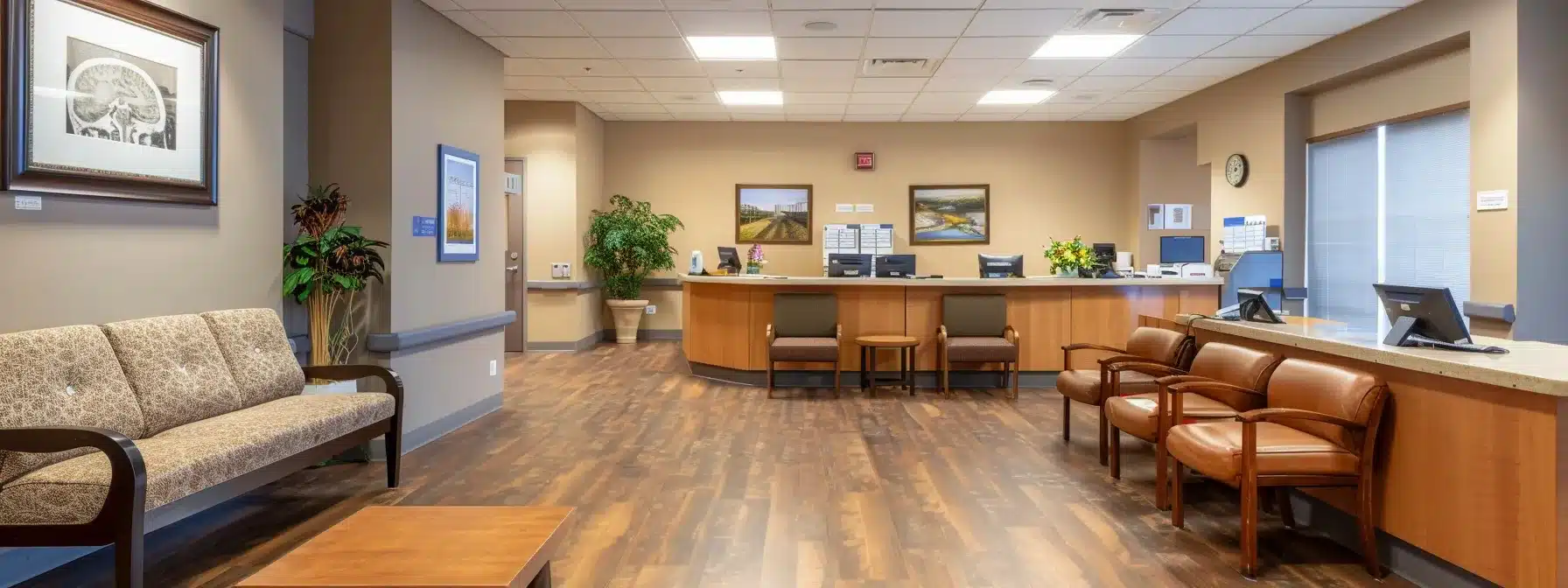
Post-surgical care and follow-up are crucial for successful sleep apnea treatment. This section covers essential aftercare, potential complications, and the importance of follow-up appointments. It also explores necessary lifestyle adjustments, support systems during recovery, and long-term management strategies. Understanding these aspects helps patients achieve optimal results from their surgical intervention.
Review Essential Aftercare for Surgical Patients
Be sure your doctor provides a comprehensive aftercare instructions for surgical sleep apnea patients. Patients receive guidance on managing pain, caring for the surgical site, and gradually resuming normal activities. The dental team emphasizes the importance of following a soft diet and avoiding strenuous exercise during the initial recovery period. Regular check-ups are scheduled to monitor healing progress and address any concerns promptly.
Discuss Potential Complications Following Surgery
Bw aware of potential complications following sleep apnea surgery. While rare, these may include temporary swelling, pain, or difficulty swallowing. The dental team provides detailed instructions on recognizing signs of infection or unusual bleeding. Patients are encouraged to contact the office promptly if they experience persistent discomfort or unexpected symptoms during recovery.
Understand the Importance of Follow-Up Appointments
Alway understand the critical role of follow-up appointments after sleep apnea surgery. These visits allow the dental team to monitor healing, assess treatment effectiveness, and make necessary adjustments to ensure optimal outcomes. Patients are encouraged to attend all scheduled follow-ups, as they provide opportunities to address any concerns and receive guidance on long-term sleep apnea management strategies.
Explore Lifestyle Adjustments Post-Surgery
Know the essential lifestyle adjustments following sleep apnea surgery. Patients are encouraged to maintain a healthy weight, adopt a regular sleep schedule, and avoid alcohol and sedatives before bedtime. The dental team may recommend sleeping on one’s side and elevating the head of the bed to promote optimal airflow. These changes, combined with the surgical intervention, help maximize treatment effectiveness and improve overall sleep quality.
Consider Support Systems During Recovery
Recognizes the importance of support systems during recovery from sleep apnea surgery. Patients are encouraged to involve family members or friends in their post-operative care, helping with daily tasks and providing emotional support.
The dental team should offer resources for local support groups where patients can connect with others who have undergone similar procedures, sharing experiences and coping strategies. This network of support plays a crucial role in ensuring a smooth recovery and maintaining motivation for long-term sleep health management.
Analyze the Long-Term Management of Sleep Apnea
Understand the importance of long-term management for sleep apnea patients after surgery. The dental team works with patients to develop personalized strategies that may include ongoing use of oral appliances, regular sleep assessments, and lifestyle modifications.
These approaches help maintain the benefits of surgical interventions and prevent the recurrence of sleep apnea symptoms. The practice offers periodic check-ups to monitor progress and adjust treatment plans as needed, ensuring continued improvement in sleep quality and overall health:
- Regular sleep assessments to track progress
- Customized oral appliances for ongoing support
- Lifestyle counseling to maintain healthy sleep habits
- Periodic adjustments to treatment plans
- Collaboration with other specialists for comprehensive care
Compare Surgical Options With Alternative Treatment Methods
Dr. Azuma’s practice offers a range of treatment options for sleep apnea, oral appliances to non-invasive alternatives like NightLase. This section compares surgical approaches with CPAP therapy, oral appliances, lifestyle changes, and behavioral therapy. It examines the efficacy of each method and explores patient satisfaction levels, helping individuals make informed decisions about their sleep apnea treatment.
Evaluate Continuous Positive Airway Pressure (CPAP) Therapy
CPAP therapy is a non-surgical alternative for sleep apnea treatment. This method uses a machine to deliver pressurized air through a mask, keeping the airway open during sleep. While effective for many patients, CPAP therapy requires consistent use and may not be suitable for everyone. The dental team at Dr. Azuma’s office helps patients weigh the pros and cons of CPAP against surgical options, considering factors like comfort, lifestyle, and severity of sleep apnea:
Review Oral Appliances as a Less Invasive Solution
Dr. Azuma’s practice offers oral appliances as a less invasive alternative to surgery for sleep apnea treatment. These custom-fitted devices, similar to mouthguards, work by repositioning the jaw or tongue to keep the airway open during sleep.
Patients often find oral appliances more comfortable and convenient than CPAP machines, making them a popular choice for those with mild to moderate sleep apnea. The dental team at Dr. Azuma’s office carefully evaluates each patient’s condition to determine if an oral appliance is a suitable option, considering factors such as the severity of sleep apnea and individual dental health.
Discuss Lifestyle Changes That Can Alleviate Symptoms
Dr. Azuma emphasizes the importance of lifestyle changes in managing sleep apnea symptoms. The dental team educates patients on effective strategies that can complement or sometimes replace surgical interventions. These changes include maintaining a healthy weight, adopting better sleep hygiene, and avoiding alcohol and sedatives before bedtime. For some patients, these adjustments can significantly reduce sleep apnea symptoms and improve overall health:
- Weight management through diet and exercise
- Establishing a consistent sleep schedule
- Sleeping on one’s side instead of back
- Elevating the head of the bed
- Quitting smoking and reducing alcohol consumption
Analyze the Role of Behavioral Therapy in Treatment
Dr. Azuma’s practice recognizes the value of behavioral therapy in treating sleep apnea. This non-invasive approach focuses on modifying sleep habits and addressing anxiety or stress that may contribute to sleep disorders.
Patients learn relaxation techniques and cognitive strategies to improve sleep quality, which can complement surgical interventions or serve as an alternative for milder cases. The dental team works closely with behavioral specialists to integrate these therapies into comprehensive treatment plans, offering patients a holistic approach to managing their sleep apnea.
Compare Surgical Efficacy With Other Medical Treatments
Dr. Azuma’s practice compares the efficacy of surgical options with other medical treatments for sleep apnea. Surgical interventions often show higher long-term success rates compared to non-invasive methods, especially for patients with severe obstructive sleep apnea. However, the dental team considers each patient’s unique circumstances when recommending treatment options. They evaluate factors such as the severity of sleep apnea, overall health, and patient preferences to determine the most effective approach:
- Surgical options: Higher success rates for severe cases
- CPAP therapy: Effective but requires consistent use
- Oral appliances: Suitable for mild to moderate cases
- Lifestyle changes: Complementary to other treatments
- Behavioral therapy: Addresses underlying sleep habits
Understand Patient Satisfaction Levels Across Approaches
Surgical patients often report high satisfaction due to long-term symptom relief, while CPAP users may experience mixed results depending on their ability to adapt to the device. Oral appliance users generally express contentment with the convenience and comfort of their treatment. The dental team uses this feedback to refine their treatment recommendations and improve patient care:
Conclusion
Surgical solutions for sleep apnea offer effective, long-term relief for patients struggling with this condition, particularly when non-invasive treatments prove insufficient. Dr. Azuma provides a comprehensive approach to sleep apnea treatment, combining advanced surgical techniques with personalized care and thorough patient education.
By exploring innovative procedures and maintaining a focus on patient outcomes, the practice ensures that individuals receive tailored treatment plans that address their unique needs and circumstances. Ultimately, understanding the full spectrum of surgical options empowers patients to make informed decisions about their sleep apnea care, potentially leading to significant improvements in their overall health and quality of life.
Visit our website to learn more about our sleep apnea treatments. It’s time to move beyond feeling like just another patient. With Dr. Eugene Azuma, feel confident, informed, and thrilled about your smile and health!
Schedule your free consultation today and breathe better!
Dr Eugene Azuma DDS
1060 Young St # 220
Honolulu, HI 96814
